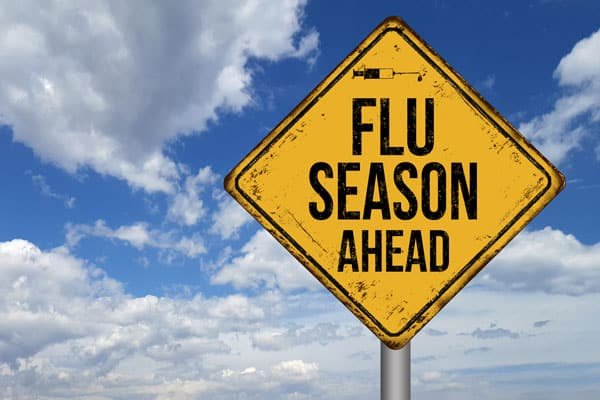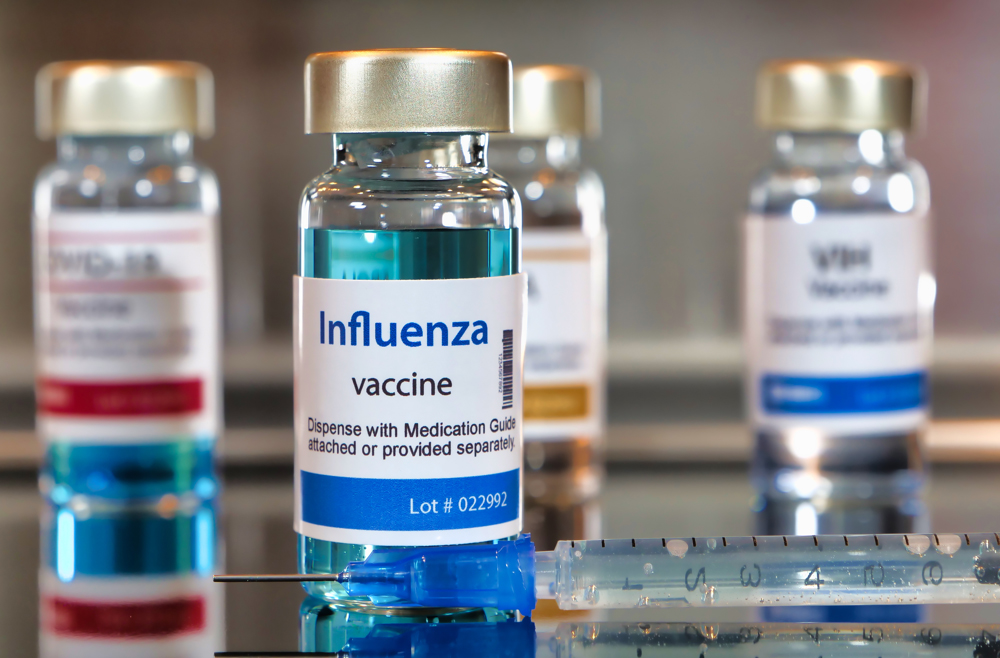A Tough Flu Season Ahead: Why Your Flu Shot Matters More Than Ever
Brace yourself: this year’s flu season could be a rough one. Health experts are already sounding the alarm after watching what unfolded in Australia, where flu season peaks during our summer months. Down under, influenza hit early, hit hard, and hit record-breaking numbers more than 300,000 lab-confirmed cases.

Historically, what happens in the Southern Hemisphere often foreshadows what we can expect in the United States. And if Australia’s experience is a preview, our fall and winter could see an aggressive flu season that tests both immune systems and healthcare systems alike.
So the million-dollar question: Have you gotten your flu shot yet?
Who Really Needs the Flu Shot? (Spoiler: Pretty Much Everyone)
The short answer: almost everyone over the age of 6 months should get vaccinated. The exceptions are rare such as individuals who’ve had a life-threatening allergic reaction to a flu shot in the past.
But for some people, the flu vaccine isn’t just recommended, it's critical. These include:
Adults 65 and older
People with heart disease, asthma, COPD, or other lung conditions

Those living with neurological issues like Parkinson’s disease, multiple sclerosis, or the aftermath of a stroke
Pregnant women and new mothers
Residents of nursing homes or long-term care facilities
People managing chronic illnesses like diabetes, kidney disease, or weakened immune systems
The reality is that most people hospitalized with influenza aren’t young, otherwise-healthy adults. They’re people carrying one (or often several) of these risk factors.
When Should You Roll Up Your Sleeve?
Timing is everything. Experts say the sweet spot is late October through early November. Get it too early say, in August and your immunity may wane just as flu season peaks in January and February. Wait too long, and you could miss your window, especially in years when the flu arrives earlier than expected.
Bottom line: if you haven’t gotten your flu shot yet, now is the time.
Which Flu Vaccine Should You Get?

The world of flu vaccines has evolved; it's no longer one-size-fits-all. Today, there are several options:
1. Egg-Based Vaccines
Still the most common, these rely on viruses grown in chicken eggs. They include the standard flu shot (with inactivated virus) and the nasal spray vaccine (FluMist), which uses a live but weakened virus. The spray is popular for children but not recommended for high-risk adults.
2. Vaccines Based on Cells
For those who are allergic to eggs, Flucelvax is a preferable choice because it is manufactured from mammalian cells instead of eggs.
3. Recombinant Vaccines
Flublok is grown on insect cells with no eggs involved at all.
4. Special Vaccines for Older Adults and Chronically Ill Patients
Because older immune systems don’t respond as strongly, two specialized trivalent vaccines exist:
Fluzone High-Dose: contains a stronger dose to boost immune response.
The tradeoff? These cover only three flu strains instead of four. However, new research indicates that cell-based and high-dose vaccines might be more successful in lowering hospitalization rates.
Is the Flu Shot Effective?

Depending on how well the vaccination matches the types of the flu that are currently in circulation, its efficacy can range from 30% to 60%. Mismatches may occur because vaccinations are produced months in advance.
The important thing is that the vaccine significantly reduces the chance of serious consequences, hospitalization, and death, even in years with flaws. Consider it similar to how wearing a seatbelt can save your life, even though it may not prevent every collision.
Beyond the Vaccine: Commonplace Strategies to Prevent the Flu
Although the flu vaccination is your best line of defense, you have other options as well. Use these practices to strengthen your defenses:
The flu virus prefers to enter through your mouth, nose, and eyes, so keep your hands away from these areas.
When ill, stay at home to prevent the transmission of germs.
Cover your sneezes and coughs (bonus: it is courteous).

Avoid close contact with anyone who appears to be suffering from the flu.
Since the flu frequently leads to secondary bacterial pneumonia, get vaccinated against pneumonia as well if you are over 65 or otherwise at risk.
To boost your immune system, make sleep, water, and a healthy diet a priority.
In the winter, think about using a humidifier.Because flu viruses enjoy dry air, flu outbreaks tend to grow as the weather gets crisp and cold.
Finally, do not put off being vaccinated.
Despite its widespread appearance, the flu is far from harmless, particularly when contrasted with COVID-19 or other worldwide health issues. Thousands of Americans lose their lives to influenza and its mostly preventable consequences each year.
So as experts warn of a potentially brutal flu season, your best move is clear: roll up your sleeve, get vaccinated, and encourage your loved ones to do the same.
Because when it comes to flu, prevention isn’t just personal it’s communal.
What's Your Reaction?




















